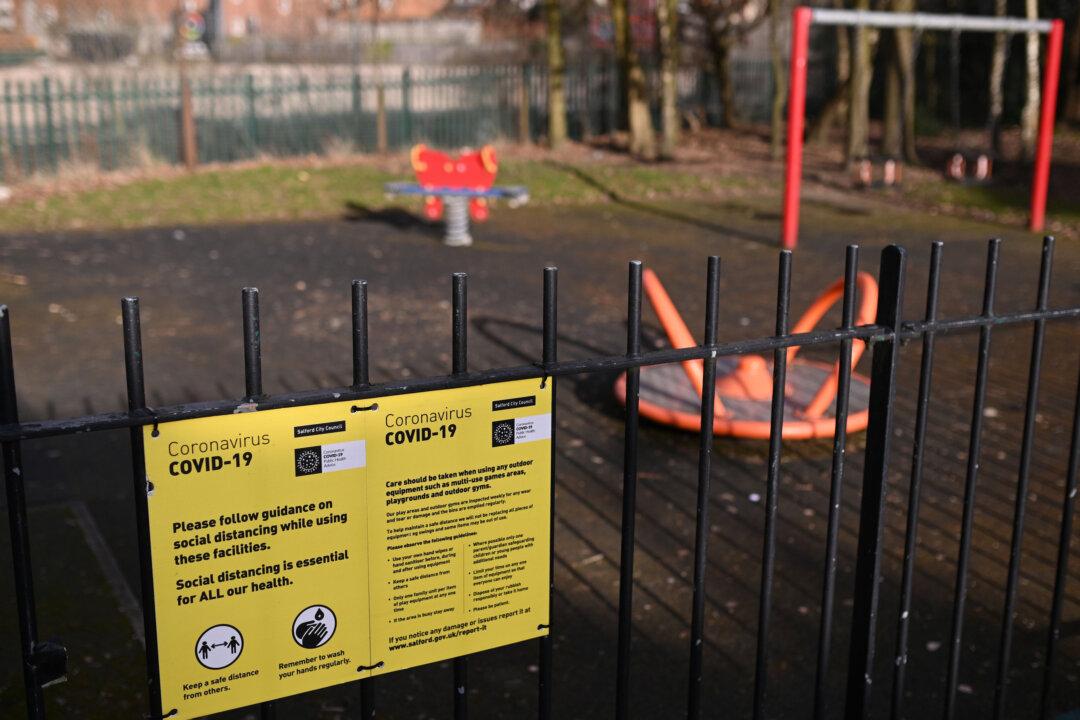Children and young people are bearing the brunt of the mental health crisis caused by the CCP virus pandemic, and mental health services are at risk of being overrun, a professional psychiatric body warned on Friday.
The Royal College of Psychiatrists said its analysis showed that almost 400,000 children and 2.2 million adults sought help for mental health problems during the pandemic, and 1.68 million more sessions were given during the pandemic.





